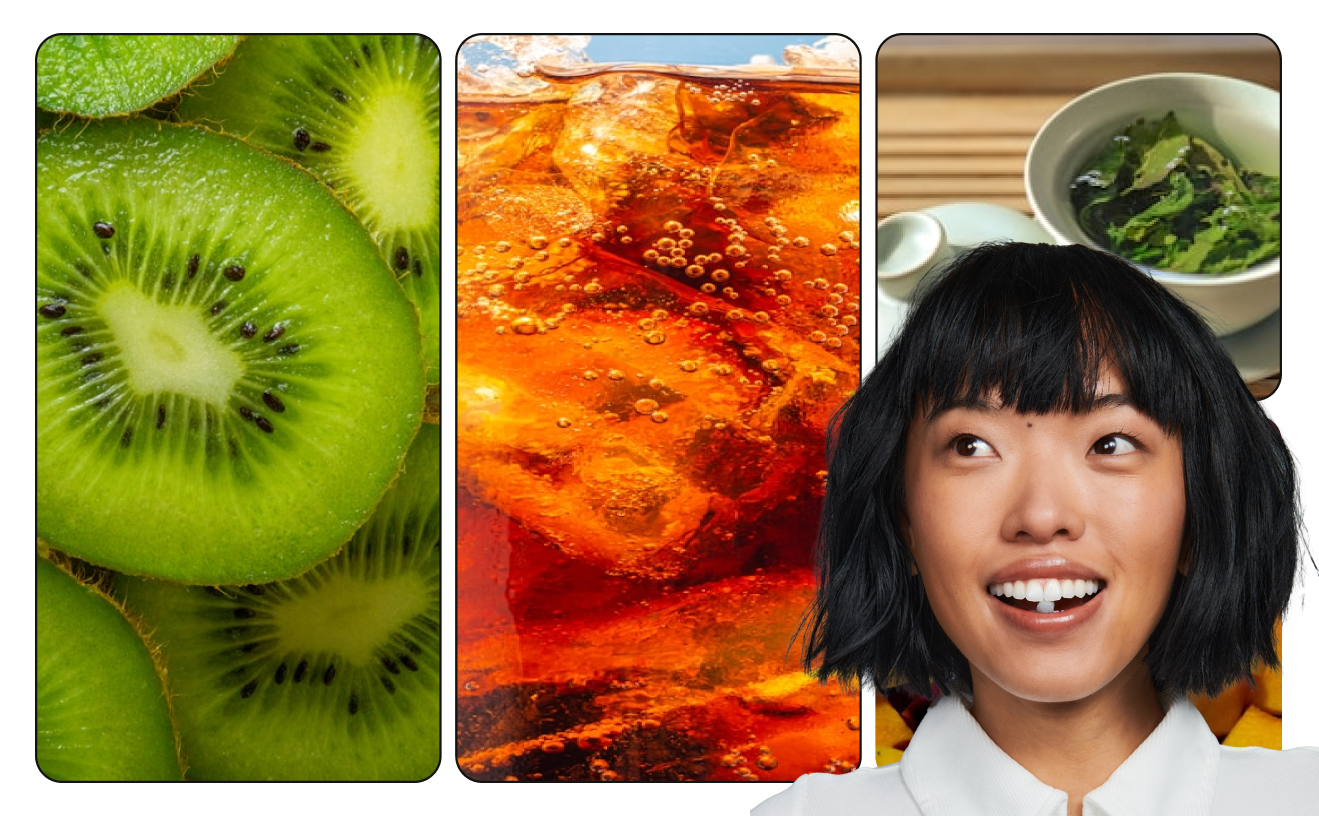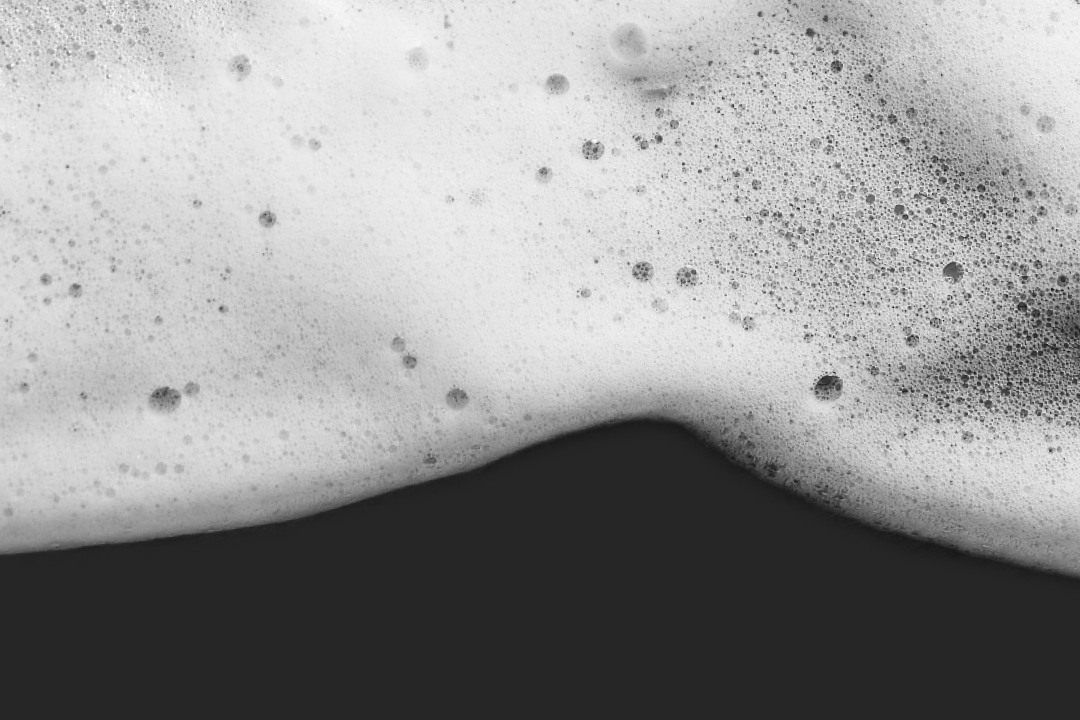Plastic Free Toothpaste
As any dentist or person within a several-foot radius of you will tell you, brushing your teeth is a necessary part of your personal care routine. It keeps your teeth and mouth healthy while combating tooth sensitivity, removing surface stains, encouraging whitening, preventing cavities, and fighting bad breath.
In short, you have to brush your teeth because it is good for you, but that doesn’t mean it has to be bad for the environment.
You might be wondering how much of our current toothpaste could possibly be bad for the environment. Unsustainable shipping and production methods aside, let’s learn about how much plastic waste toothpaste contributes to our landfills and oceans.
Wait, There’s Plastic In Toothpaste?
We know it might be a bit jarring, but yes, there is, in fact, plastic in many of the most popular toothpaste brands and items currently on the market. When we think of plastic, it is common to think of larger pieces or the receptacles that our products come in (such as plastic toothpaste tubes, which are a huge contributor to the waste clogging up the ocean).
When it comes to toothpaste, oral care products, and many items in the personal care space, however, a much smaller, possibly more insidious form of plastic comprises these formulas. This tiny yet still dangerous material is known as microplastic.
Microplastics are small pieces of plastic that cannot be broken down any further but will not and cannot fully decompose.
As a result, it will remain polluting the environment for the indefinite future. While it may not seem like this material would pose much of a threat due to it being so small, this is unfortunately not the case. Microplastics pose a legitimate threat to marine life and the health of our natural water reserves.
This material is generally used in toothpaste in the form of microbeads. Microbeads are small, often circular, pieces of plastic that will likely be differently colored from the remainder of the toothpaste. They are hard and are thought to help remove surface stains.
There are many natural and safe exfoliants that can accomplish the same goal that does not harm the environment. Also, microplastics may do more harm to our health than good.
If this was not reason enough to avoid microplastics in our products, the case for eliminating them is even stronger when it comes to oral hygiene products. There is discourse among dentists that these tiny plastic microbeads could even be bad for your mouth’s health. Since these beads never break down, it is possible that they could remain stuck between teeth where they will allow cavities to form.
Though we briefly touched on it earlier, this all isn’t even mentioning the tremendous and excessive amount of plastic used in toothpaste tubes and their packaging. Plastic toothpaste tubes are classified as multilayer or multi-material plastic, meaning that they take even longer to break down.
All of this may sound overwhelming, but luckily we have some good news. There are a host of excellent, all-natural, and plastic-free toothpaste alternatives.
Can Toothpaste Be Plastic-Free?
Toothpaste can absolutely be plastic-free! In both the toothpaste itself and the packaging it comes in, plastic-free toothpaste is both better for the environment and excellent for your health at the same time.
More than one form of plastic-free and zero-waste toothpaste is available for those who like to try new things. These kinds of toothpaste tend to come in toothpaste tablets or powders.
As mentioned, these toothpastes are clearly significantly safer for the environment. Still, they are also better for us. Many of them feature no artificial sweeteners, dyes, or harsh chemicals and instead contain just natural ingredients such as peppermint, essential oils, cinnamon, coconut oil, and activated charcoal.
Toothpaste Tablets
Toothpaste tablets and toothpaste bits are some of the absolute best options on the market for plastic-free, zero-waste, and all-natural options.
Since these items are self-contained, they do not require a plastic tube like a conventional, not eco-friendly toothpaste or a more conventional toothpaste would. Instead, these tabs can be plastic-free in both the tablet itself as well as its packaging. In a tube’s place, a glass jar can be used to ship these tablets right to your door.
This is how Bite operates, and it is very important to us to provide recyclable, compostable, and sustainable options that never harm the environment while also giving you the very best that eco-friendly personal care has to offer.
Why Choose Plastic-Free Toothpaste?
When looking for plastic-free toothpaste, the number one most important factor is making sure that it is really free of all plastic. Whether it’s in the form of pesky microplastics, a product’s packaging, or the materials used to ship a product, there are a lot of ways plastic can sneak its way into an item.
Make sure to do your research to know everything that goes into you getting the final product. This is why Bite makes sure that our products themselves are sustainable and that our packaging is not just eco-conscious but fully compostable too.
Next, it is well worth considering if this company and its products are cruelty-free and vegan. Chances are if an organization cares enough to treat animals and the environment ethically, they sincerely care about their customers.
Lastly, whether you are looking into options for toothpaste tabs, tooth powder, or another sustainable option, one of the most important things to look for is the ingredients it contains.
Natural Flavors
There may be some concern about how good a natural toothpaste could possibly taste, but there is no reason for this.
In reality, natural toothpaste often tastes much more pure and authentic than its unnatural, artificial counterparts. Bite uses Xylitol in all toothpaste bits because it repels bacteria that could cause cavities and is naturally sweet.
This ingredient helps give our Berry Twist flavor its signature delightful taste, perfect for anyone who doesn’t like or can’t have mint. We also utilize natural peppermint flavors in both our Fresh Mint and Charcoal Mint options.
N-Hap
You’re likely familiar with fluoride in many toothpaste products, but the truth is other ingredients can accomplish the same goals. That is why we utilize N-Hap in all jars of our Toothpaste Bits.
N-Hap is short for nano-hydroxyapatite, a mineral proven to strengthen and remineralize enamel while fighting against tooth sensitivity.
Guar Gum
Guar gum is another natural component of our toothpaste tablets that are made from legumes. It functions as an agent to keep your bit together until you are ready to bite, ensuring that your jar arrives perfectly to your door.
Sodium Cocoyl Glutamate and Bicarbonate
Now to the fun part. Sodium Cocoyl Glutamate is what causes your Bit to foam up when you bite into it, expose it to water, and start to brush. This allows the formula to get in between your teeth, ensuring a thorough brushing every time.
We put Sodium Bicarbonate into each Bite Toothpaste Bit to keep the pH balance of your mouth healthy.
Calcium Carbonate
Remember how we mentioned that the thinking behind using microbeads was to have them act as a mild exfoliant? This is where calcium carbonate comes in. Calcium carbonate accomplishes the same removal of surface stains and fights against any trace of plaque build-up, but it never harms the environment.
How Can a Toothpaste Be Zero-Waste?
If you weren’t sure up to now, toothpaste could absolutely be zero-waste, and so can other personal care items such as a toothbrush. This is why we offer bamboo toothbrushes that are 100 percent compostable, among other eco-friendly products.
Glass Packaging
Your first shipment of Bite Toothpaste Bits comes thoughtfully packaged in a glass jar with a metal lid that can be used, reused, and eventually recycled.
Refillable Products
You can continue to use the glass jar from your first shipment of bits for when your refills arrive (which are shipped in home-compostable refill pouches), or you can use it for something entirely different. These jars have a minimalist aesthetic that complements any space, so they can be used to house any product you want.
Compostable and Biodegradable Shipping
All of our shipping materials are completely compostable and biodegradable. From the cardboard box to the filling, right down to the tape. That’s right; we don’t use plastic tape. Paper tape is way more our speed.
Carbon-Friendly Shipping
Finally, there comes the matter of how the product actually gets to you. We never add extra mileage or fuel waste when our items are delivered by utilizing existing shipping routes. This means that you will get your order right when you need it, but we aren’t contributing any extra greenhouse gas emissions when it happens.
Conclusion
There are so many products we use daily that contain excess amounts of plastic that we may not even notice at this point. By being more mindful about what we use and how we use it, we can make a real, tangible difference that improves the future of humanity and the planet.
Sources:
Brushing your teeth: How often and when? | Mayo Clinic
Myth Buster: Toothpaste still contains microplastics! | Beat The Microbead.org


